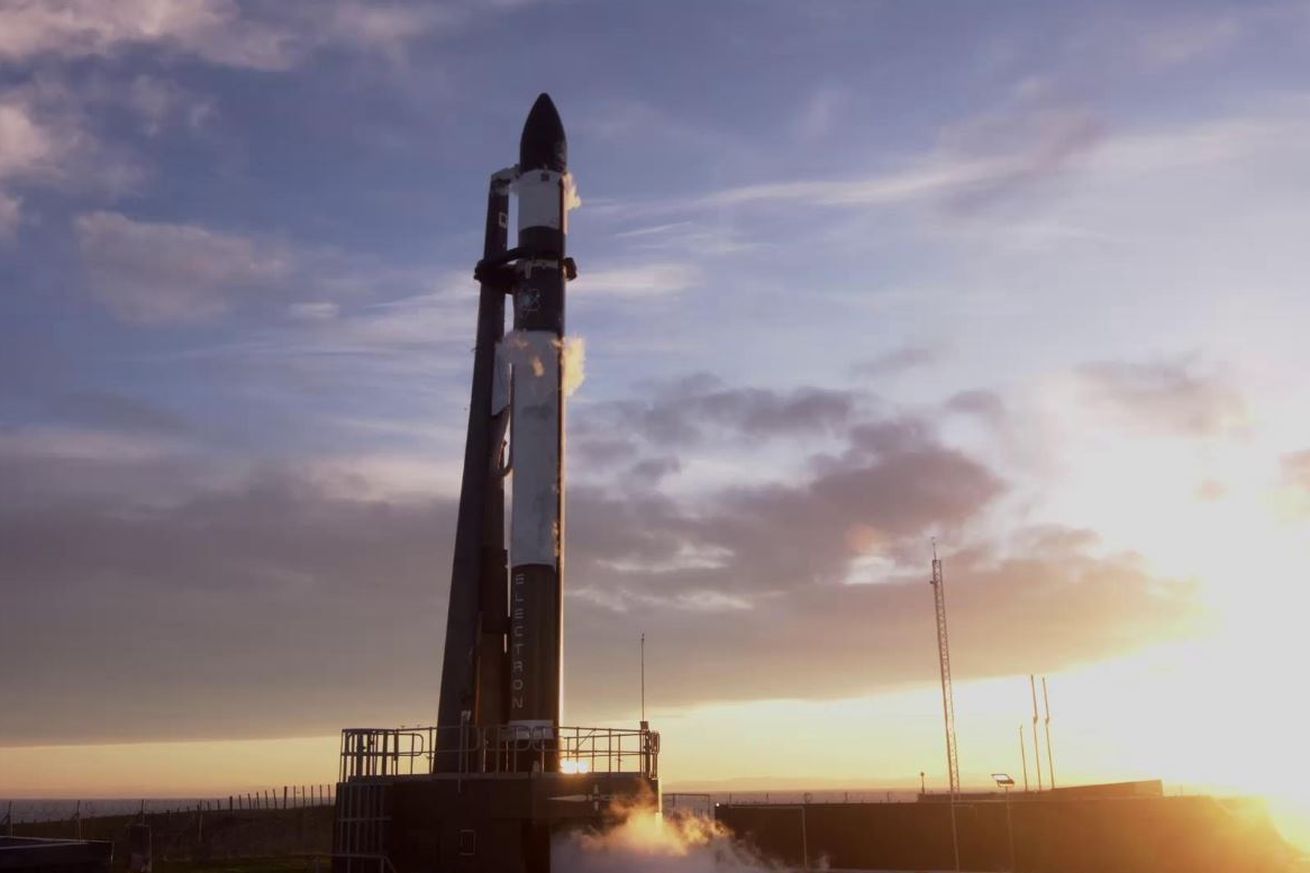![]()

Less than a month after Rocket Lab lost one of its vehicles during a mission, the small satellite launcher has approval from the Federal Aviation Administration to start launching its Electron rockets again. The company plans to launch its next rocket sometime in August from the company’s primary launch site in New Zealand.
On July 4th, Rocket Lab launched its 13th mission to space from New Zealand, carrying seven small satellites, most of which were designed to image the Earth from above. Just a few minutes into the flight, the engine on the upper portion of the Electron shut down too early, according to Rocket Lab. As a result, the rocket didn’t achieve orbit and fell back into Earth’s atmosphere where it burned up and destroyed all the satellites on board.
Rocket Lab claims that it kept getting data from the rocket after the early shutdown, allowing the company to figure out what went wrong. “The good news is — if there is any good news from an anomaly — is that the engine was shut down in a very controlled manner,” Peter Beck, Rocket Lab’s CEO, said during a press conference. Ultimately, Rocket Lab is blaming the issue on a faulty electrical connection. As the launch progressed, the bad connection expanded, heated up, and actually liquified its surroundings. That created a chain reaction that led to the shutdown.
Beck says that the electrical problem evaded all of the company’s testing before the flight. The engineers later realized that it took a few minutes for the faulty connection to show any problems, which is why the team missed it in the initial short tests leading up to the launch. Beck says the engineers have been able to replicate the problem and are confident they’ll be able to screen for this issue with tests in the future. “The issue is well understood by the team,” he said. “We have 600 people working at Rocket Lab, and this is everybody’s number one priority.” However, Beck said the company isn’t sure if the problem was due to bad manufacturing or bad assembly of the part.
Prior to the July launch, all of Rocket Lab’s flights had been more or less smooth, reaching orbit as expected and successfully deploying all satellites. The only exception was the company’s first flight, technically a test mission, which made it to space but didn’t reach orbit.
Beck says that the accident didn’t cause any of Rocket Lab’s customers to abandon the company. In fact, Rocket Lab plans to announce the customers for its next launch in the coming weeks. While the company did take a financial hit, Beck says the company has enough cushion and had planned for any potential failures. Plus, he says they were lucky that the rocket failed the way that it did, instead of failing on the launchpad, for instance. “As far as failures go, you know, this was a pretty good one, in a lot of respects,” he said.
Contact Information:
Loren Grush
Tags:
, Artificial Intelligence Newswire, Wire, United States, English
Contact Information:
Loren Grush

